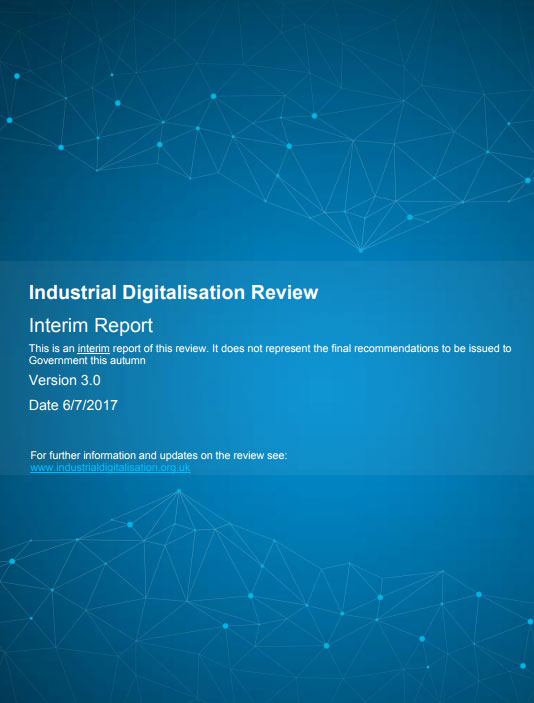The construction industry’s inefficiencies are well documented. Too much time, money and resource is often spent in exchange for far too little in return. The painful truth is that industry often fails to deliver best value, and there’s little incentive for individual organisations to invest in measures to boost overall efficiency and growth. If things are to change a range of construction professionals, across a myriad of disciplines, need to work together to deliver best value and boost efficiency and growth. But all that is easier said than done.
Government reports as far back as the 1930s have long highlighted the problems but it wasn’t until 2011 that they proffered a solution that could deliver the step change industry needed. That solution? A package of measures with Building Information Modelling (BIM) at the heart focussed on digital collaboration and achieving best value across the project lifecycle.
The rewards of embracing what the Boston Consulting Group refer to as the 'Fourth Industrial Revolution'? Industrial production that's 30% faster and 25% more efficient within a decade.
The UK government have been quick to recognise the opportunities afforded by increased digitisation. An Industrial Strategy green paper, published in January this year set out a vision that would "build on our strengths to enable all parts of the country to succeed: helping to deliver a high-skilled, competitive economy that benefits people throughout the UK."
And that green paper led to a Review of Industry Digitalisation. The review's remit cuts across a range of manufacturing sectors - including construction - where potential efficiency gains can be had. An interim report has recently been made available with the final report expected later this year.
Based on a reading of the interim study, recommendations are likely to focus on:
 Developing leadership
Developing leadership
To deliver the digitisation industry needs to reap fullest rewords it requires strong and focussed leaders to drive forward change.- Promoting awareness
Communicating the UK's digital ambitions and expertise across the country and further afield is vital to get traction. - Developing a digital ecosystem
Industry must be supported to bring about digital change. The report sees a Digital Technology Institute and Digital Technology Network as crucial to providing the support needed. - Playing to organisations' strengths
A range of bodies are well placed to lead on technology strands and provide support and expertise beyond the confines of their own organisations. - Digital adoption within SMEs is vital to creating traction and scaling the benefits
A support network of visible institutes will be required to facilitate adoption and drive uptake. Tools will need to be developed to help SMEs work digitally and collaboratively. - Engaging with investors
Selling the benefits of supporting digital innovation within industry. - Providing the tools and assets to support start up and scale up and rapid incubation
Some of these themes will be very familiar to those who have followed the UK's BIM Level 2 journey. While the focus of this report is on industry in its widest sense, the focus on breaking down silos and assembling supporting infrastructure will undoubtedly help the construction industry in its own digital journey as it looks to the Digital Built Britain agenda and how digitalisation can drive efficiencies and client and end user benefits.


